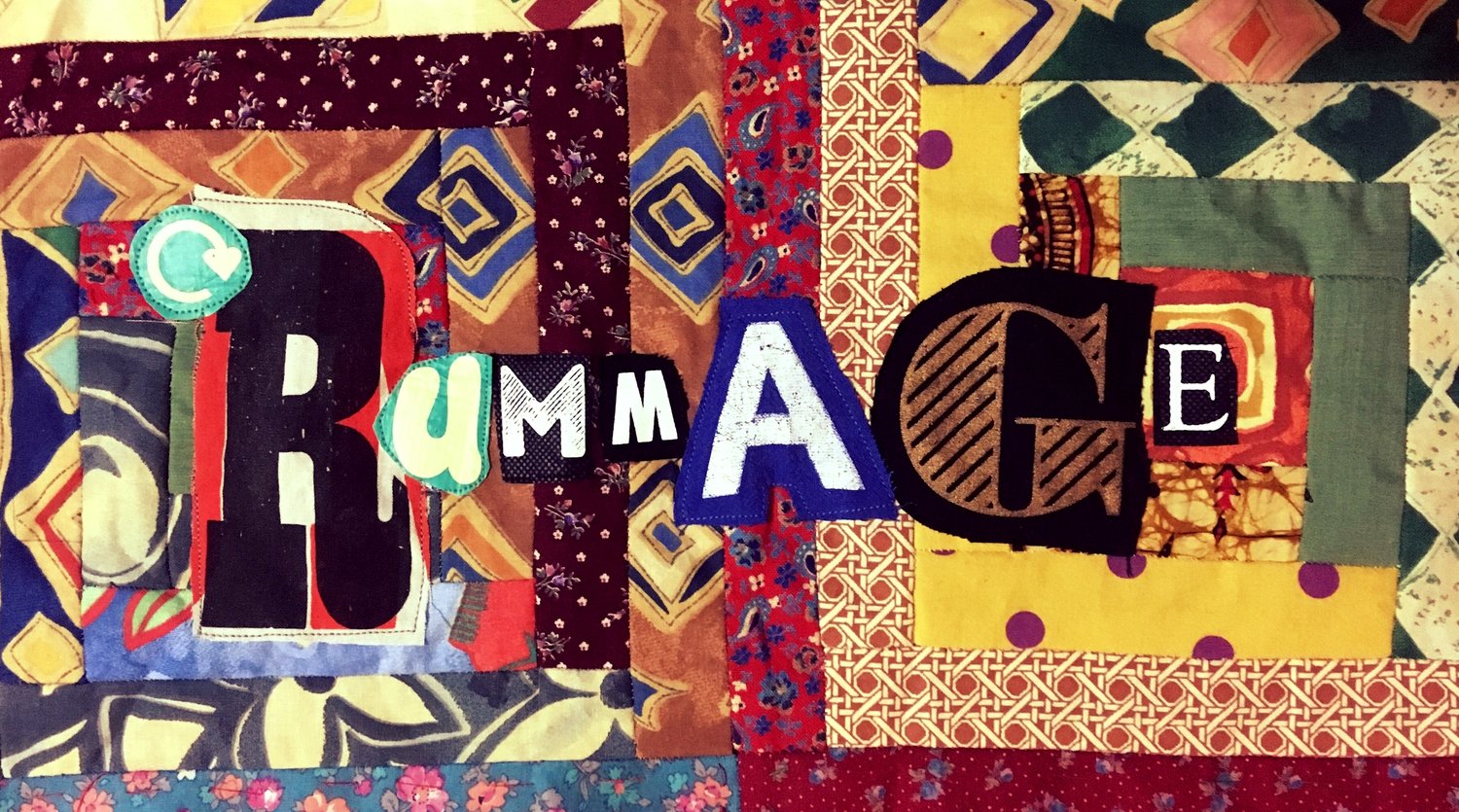Who's a Horrid Hoarder?
In it Together with Margaret Thatcher
Panic associated with the Coronavirus (COVID-19) epidemic and the prospect of lengthy confinement has apparently encouraged British shoppers to stockpile (or ‘hoard’) certain groceries. This has forced some supermarkets to ration such items as pasta, tinned beans and toilet paper. As you would expect, foodstuffs have long featured in lists of items bought in bulk to prepare for disaster. On the other hand, toilet paper is a fairly new addition to the list of hastily-conceived necessities. During the ‘Winter of Discontent’, in January 1979, the Guardian columnist Jill Tweedie wrote of her ‘minimal’ stockpiling, noting that she would not go as far as ‘actually stocking up the sitting room with rolls of toilet paper’. In Rummage I write about the materials reused for wiping before toilet paper was as common as it is now.
Advert in the Cheddar Valley Gazette, 26 May 1977
Attitudes to stockpiling and hoarding have not been consistent through history. In 1999, as the millennium approached, domestic stockpiling was presented as a sensible precaution against chaos. During the rationing of WWII, food hoarders had been vilified. During economic uncertainty and recession in November 1974, Margaret Thatcher, a presumptive contender for the Conservative Party leadership, was forced to admit that she had hoarded food.
Thatcher even had bags of sugar from before February 1971, sporting ‘pre-decimalisation labels’. She boasted of owning sufficient canned food to last for years, including ‘expensive proteins’ such as tinned salmon, ham, mackerel, and sardines – as well as tongue, without which no politician can live. Thatcher, the daughter of a Grantham grocer, snaffled up tinned fruit because ‘the sugar shortage will eventually work through to tinned fruit’. Two considerable larders accommodated the supplies.
Margaret Thatcher in 1979 (Image: Mirrorpix)
Interviewed by the Pre-Retirement Association for their magazine Retirement Choice, two-larder-Thatcher claimed ‘everyone was doing it’. For Thatcher, rising prices meant that hoarding was simply a ‘sensible piece of housekeeping … rather than saying let tomorrow take care of itself’. She was seemingly unaware that many people had neither the money nor the space for stockpiling. In 1974, as now, many people in the UK lived on what they could week-to-week, with no surplus. Rejecting the accusation that buying in bulk created shortages, Thatcher claimed it was simply ‘prudent’, especially as her (wealthy) husband Denis was set to retire: ‘one builds up a quiet store of food and household things’.
Numerous citizens wrote letters of complaint to their local papers. In Liverpool, Anne Bailey argued in the Liverpool Echo that stockpiling was ‘insensitive to the plight of the unemployed, the retired, and the weekly wage earner … I am of the wartime generation, but I don’t hoard’. Harry Lawless, a business lecturer at Huddersfield Polytechnic, urged more government intervention and better examples. ‘Is this the age of the hoarder?’, he wondered. He also considered whether it would be sensible to ration household supplies, ‘in order to ensure supply according to need instead of wealth’. Thatcher was cast as out-of-step, anti-social and unpatriotic.
Lord Redmayne, the Chairman of the Retail Consortium, also attacked hoarding, explaining how panic buying was not in the public interest. Regina Dollar from the National Consumer Protection Council agreed. The Labour MP for Normanton, Albert Roberts, stated that it was ‘regrettable and almost an obscenity that anyone in public life [was] in a position to hoard food’. Dennis Skinner, Labour MP for Bolsover, called on Thatcher to donate her stash, instead of ‘filching little tins of salmon from supermarkets and taking them out of the pensioners' mouths”. June Wall, a committee member for the National Housewives’ Association, also voiced concern: ‘Can you imagine her as a future Prime Minister?’ Thatcher, upset by the media criticism, invited the press into her kitchen.
Margaret Thatcher in 1974
References
‘Why I hoard food’, Daily Mirror, 28 November 1974, p. 3; ‘Thatcher’s food hoard obscenity’, Newcastle Evening Chronicle, 29 November 1974, p. 13; ‘Storm over Thatcher’s food hoard’, Birmingham Daily Post, 29 November 1974, p. 9; Sun, 29 November 1974, p. 1; Letters to the editor, Liverpool Echo, 4 December 1974, p. 14; Letters to the editor, Guardian, 4 December 1974, p. 12; Jill Tweedie, ‘Ours not to question why, ours just to panic buy’, Guardian, 18 January 1979, p. 7; Helen Pidd, ‘Coronavirus: UK supermarkets ration toilet paper to prevent stockpiling’, Guardian, 8 March 2020: https://bit.ly/2PVX34c




